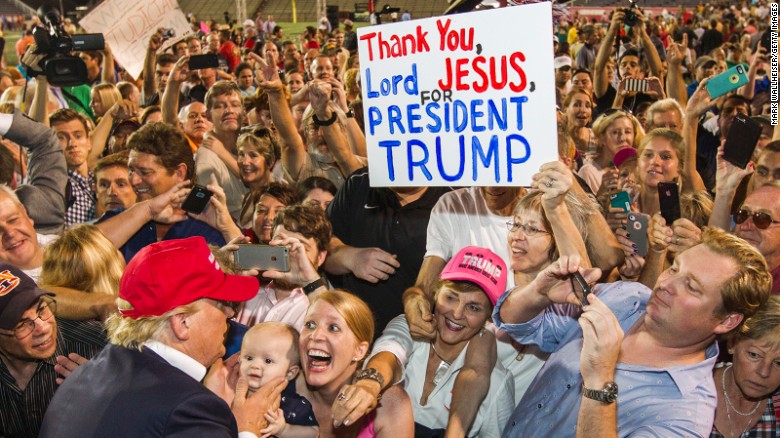A new online study finds that Republicans and independents are twice as likely as Democrats to say they would not give their true opinion in a telephone poll question about their preference for president in the 2020 election. That raises the possibility that polls understate support for President Donald Trump.
Some 11.7% of Republicans and 10.5% independents said they would not give their true opinion, vs. 5.4% of Democrats, according to the study by CloudResearch LLC, a Queens, N.Y.-based company that conducts online market research and data collection for clients. Among the reasons they gave was that “it's dangerous to express an opinion outside of the current liberal viewpoint,” according to Leib Litman, the co-chief executive officer and chief research officer.
CloudResearch conducted the survey online but inquired about surveys that are conducted by phone. It first asked participants for their political preference, then asked how they felt about divulging their preference for president in a phone poll. Later, it asked whom they actually did support for president.
Political party preference was the only characteristic that correlated consistently with reluctance to share presidential preference, Leib says. There was no correlation with age, race, education, or income. Cloud Research conducted the study two ways and got basically the same result both times, he says: In one, 1,000 respondents were evenly divided among Democrats, Republicans, and independents, and the second asked a different set of 1,000 respondents picked to precisely match the demographics of likely voters, regardless of party.
The question of whether "shy Trump” voters were undercounted in polls before the 2016 election was part of an exhaustive post-mortem published by the American Association for Public Opinion Research. “Some Trump voters who participated in pre-election polls did not reveal themselves as Trump voters until after the election, and they outnumbered late-revealing Clinton voters," the AAPOR study said, adding, "This finding could be attributable to either late deciding or misreporting (the so-called Shy Trump effect) in the pre-election polls.”
Typically, the AAPOR study found, "those who admit changing their minds more or less wash out, breaking about evenly between the Republican candidate and the Democratic candidate. " Not in 2016, though: People who changed their answers when called back after the election had voted for Trump by a 16-percentage-point margin.
The AAPOR study said evidence for a “Shy Trump" effect isn't conclusive. The authors hypothesized that if voters didn't want to tell a live interviewer that they supported Trump, you'd expect Trump to do worse in live-interview polls than in ones involving interactive voice response, which is less personal. In fact, Trump, didn't do worse in live-interview polls.
CloudResearch's Leib says the AAPOR study doesn't change his mind. He says his company asked participants how they felt about divulging their preferences via automatic calls vs. live ones and found that AAPOR's assumption about which one Trump voters would prefer was false. “Many people are just as distrustful of automatic calls, because their response will be recorded!" he wrote in an email.
























